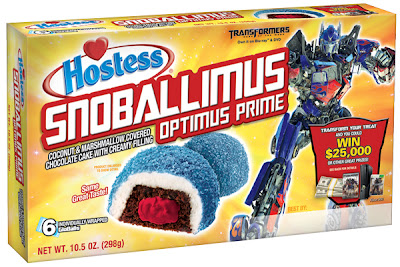I wonder if it is still permissible to post about
Sugar Nation? No, not that kind of sugar, you naughties!

I bought the book for my Kindle, the library waiting list was already longer than I wanted to wait. IMO, a very good book, if kind of dense. Plenty of references given in endnotes.
It is more a book about diabetes and prediabetes than diet or weight loss per se, which is a why I bought it. Jeff is like me, a thin pre-diabetic. Apparently 20% of outright diabetics are thin, even a larger % of prediabetics. There is a lot of history and politics and drug company information, which may not be interesting to everyone.
Jeff has seen diabetes at its terrible worst- his Dad, who is also a thin diabetic lost his leg to gangrene. He really does not want this to happen to him. (Nor would any sane person) I am reminded of yesterday's thread about stupid people. To be facing this disease and not take it very seriously, at whatever stage, is like reading about lung cancer and cigarettes and lighting up. There just has to be a better way.
I read from the start to about halfway through Chapter 11, which is where he deals with exercise. He was for some years a contributing editor to a major muscle mag (can't remember which one), and currently is a contributing editor to Men's Health which has always impressed me as being pretty much on the money for a popular magazine. Citing various researchers he comes down in favor of High Intensity Interval Training, as well as superset weight training- 3 days of each, max of 40' /day.
I just read series of studies coming out of Duke that come down strongly in favor of volume rather than intensity. So as usual, there is nothing clear about this.
I plan to do both. A minimum of 300 cals daily on my C2, and on 3 of those days some intervals. I do intervals hard, but don't puke.
We'll see what happens. No new A1C, and no clear results from my meter, but low carb had that pretty level anyway. I am losing weight, about 4# since I got my C2.
Weight loss was not a goal, but I am pleased by it.
Ha
 )
)



 I'd just say the result is encouraging.
I'd just say the result is encouraging.